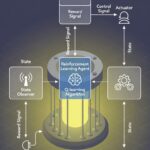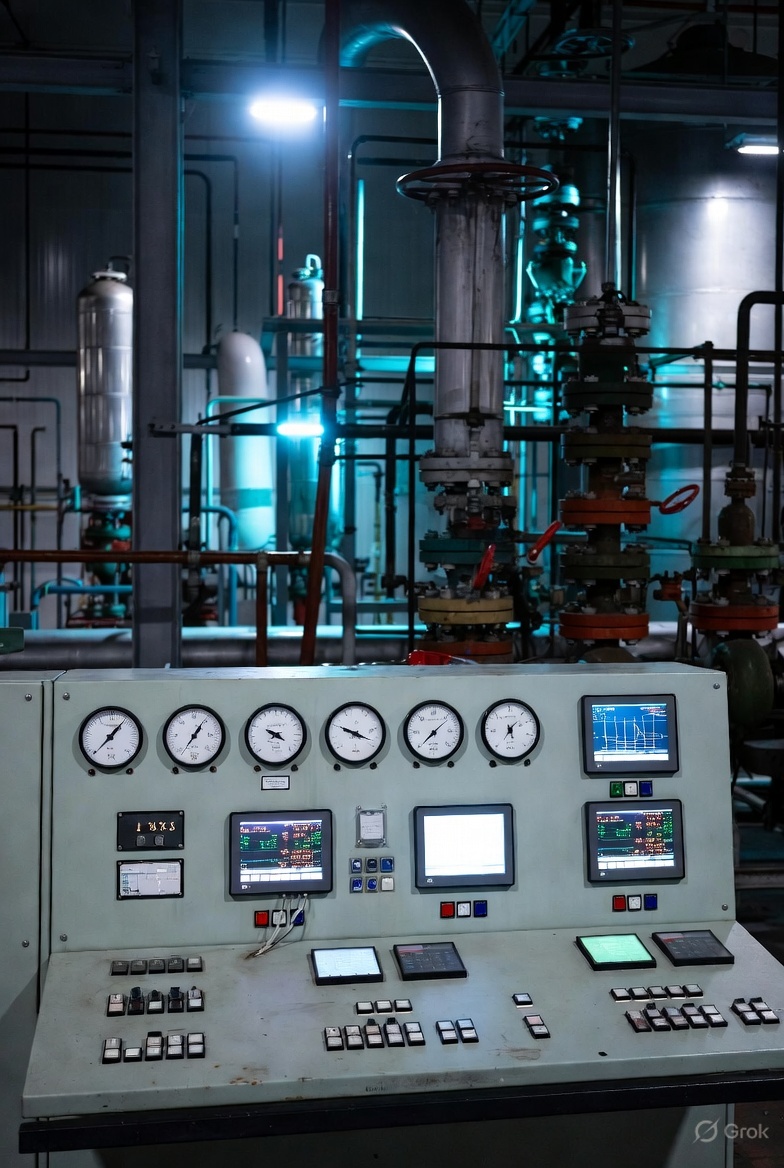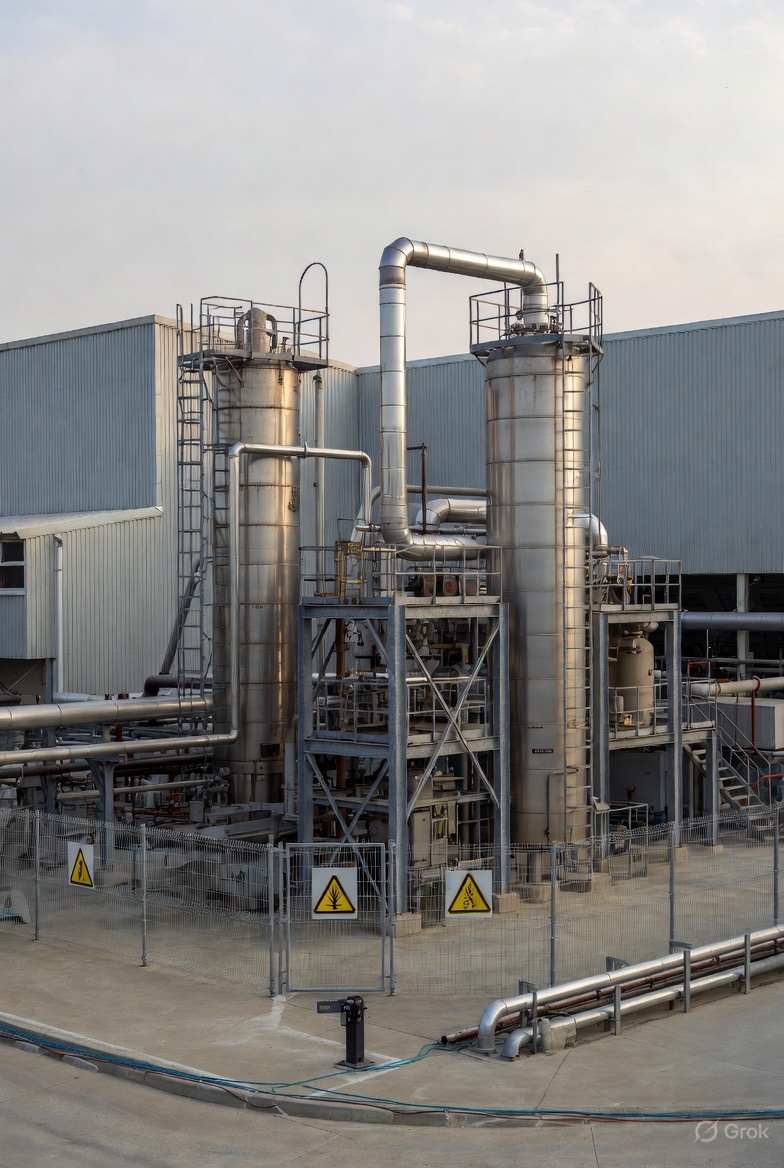Introduction
The chemical industry is undergoing a profound transformation, thanks to the integration of artificial intelligence (AI) and innovative startups. These AI-driven companies are not only streamlining traditional chemical processes but also pioneering new frontiers in materials science, drug discovery, and environmental sustainability. In this article, we will explore how AI startups are making waves in the chemical industry and provide insights into pitching their groundbreaking solutions for success.
AI in the Chemical Industry: A Paradigm Shift
AI startups are disrupting the chemical industry in several ways:
Materials Discovery: Traditional materials discovery processes are time-consuming and costly. AI algorithms can predict material properties and characteristics, significantly accelerating the development of new materials with desirable properties.
Drug Discovery: Pharmaceutical and biotech companies are using AI to analyze massive datasets and identify potential drug candidates faster and more efficiently, reducing the time and cost associated with bringing new medications to market.
Process Optimization: AI-driven process optimization helps chemical manufacturers improve yields, reduce waste, and enhance energy efficiency, leading to cost savings and environmental benefits.
Supply Chain Management: AI enhances supply chain efficiency by optimizing logistics, predicting demand, and improving inventory management, ensuring the timely delivery of critical chemicals.
Key Areas of AI Innovation in the Chemical Industry
Machine Learning and Predictive Modeling: AI startups are using machine learning models to predict chemical reactions, optimize formulations, and identify potential risks, enabling faster and more informed decision-making.
Robotics and Automation: Robotic systems equipped with AI are used in laboratories for high-throughput experimentation, accelerating research and development processes.
Digital Twins: Digital twin technology creates virtual replicas of physical chemical processes, allowing for real-time monitoring and optimization.
Natural Language Processing (NLP): NLP applications are improving data extraction and analysis from scientific literature and patents, aiding in research and intellectual property management.
Pitching AI Startups in the Chemical Industry
Pitching your AI startup in the chemical industry requires a strategic approach:
Clearly Define the Problem: Start by articulating the specific challenges your AI solution addresses in the chemical industry. Explain how your technology can drive efficiency, reduce costs, or facilitate innovation.
Highlight Results: Showcase tangible results and case studies that demonstrate the effectiveness of your AI solution. Use metrics such as cost savings, process improvements, or time reductions to quantify the impact.
Emphasize Data Security: Address concerns about data security and privacy. Assure potential partners or investors that your AI algorithms protect sensitive information.
Understand Industry Regulations: Be knowledgeable about industry regulations and compliance standards. Ensure your solution aligns with these requirements.
Collaborative Approach: Emphasize your willingness to collaborate with established chemical companies, research institutions, or regulatory bodies. Highlight how your startup can complement existing workflows.
Sustainability: Given the growing importance of sustainability in the chemical industry, emphasize how your AI solutions can contribute to eco-friendly practices, waste reduction, and energy efficiency.
Continuous Learning: Highlight your commitment to continuous improvement. AI is a rapidly evolving field, and investors and partners want to know that you are staying current with the latest advancements.
Conclusion
AI startups are at the forefront of revolutionizing the chemical industry, offering innovative solutions that drive efficiency, enhance sustainability, and accelerate scientific discovery. When pitching your AI startup in the chemical sector, focus on the unique problems you solve, provide evidence of your success, and emphasize collaboration and data security. By aligning your pitch with industry needs and trends, you can secure partnerships, investments, and opportunities that propel your AI-driven innovations to new heights in the chemical industry’s ever-changing landscape.












